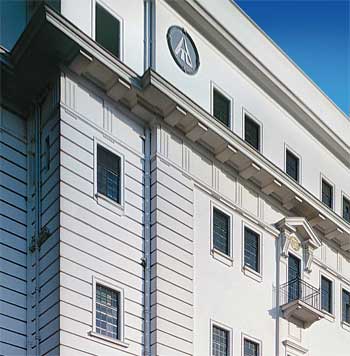Chair of the Highest Governance Body
 The Chairman is the Chief Executive of the Company. He is the Chairman of the Board and the CMC. His primary role is to provide leadership to the Board and the CMC for realising Company goals in accordance with the charter approved by the Board. The Chairman is the Chief Executive of the Company. He is the Chairman of the Board and the CMC. His primary role is to provide leadership to the Board and the CMC for realising Company goals in accordance with the charter approved by the Board.
We have a diversified business portfolio, which demands that the senior leadership has an in-depth knowledge and understanding of the functioning of the Company, so as to enhance the value-generating capacity of the organisation and contribute significantly to stakeholders’ aspirations and societal expectations. The Chairman of the Company is therefore chosen from the Executive management. Board of Directors
The ITC Board is a balanced Board, comprising 4 Executive and 12 Non-Executive Directors (including 9 Independent Directors).
Selection of Directors
ITC’s Governance Policy stipulates that the Non-Executive Directors (including Independent Directors) be drawn from amongst eminent professionals with experience in business / finance/ law / public enterprises. The selection of Executive Directors is done by the Nominations Committee, which comprises the Chairman of the Company and eight Non-Executive Directors, seven of whom are Independent Directors.
Performance of the Highest Governance Body
The Board evaluates Directors collectively to reinforce the principle of collective responsibility.
Compensation for Members of the Highest Governance Body
Remuneration of the Chairman and other Executive Directors is determined by the Board, on the recommendation of the Compensation Committee comprising only Non-Executive Directors; remuneration of the Directors is subject to the approval of the shareholders. Such remuneration is linked to the performance of the Company in as much as the performance bonus is based on various qualitative and quantitative performance criteria. Remuneration to Non-Executive Directors is by way of commission for each financial year; such commission is determined by the Board within the limit approved by the shareholders. Their remuneration is based, inter alia, on Company performance and regulatory provisions and is payable on a uniform basis to reinforce the principle of collective responsibility. Non-Executive Directors are also entitled to sitting fees for attending meetings of the Board and Committees thereof, the quantum of which is determined by the Board, within the limit approved by the shareholders. |

